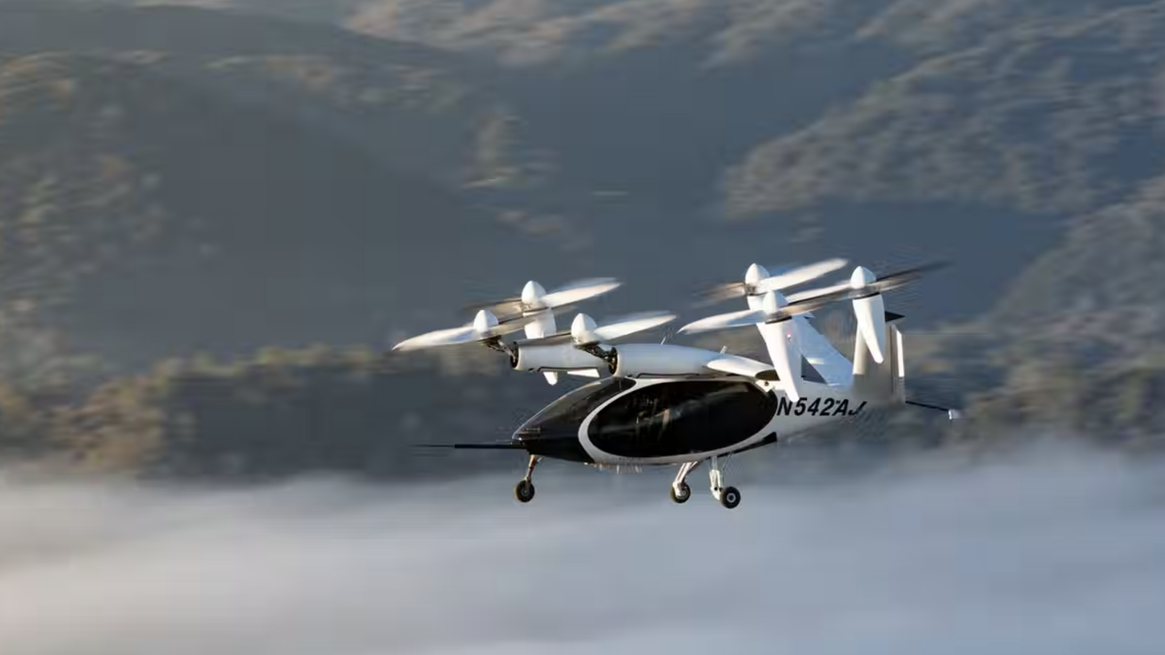The FAA says it's pursuing a “predictable framework,” around eVTOLs which it believes will, “better accommodate the need to train and certify the pilots.”
Beleaguered rush hour commuters desperately looking to future flying taxis to deliver their traffic salvation are in for some potentially bad news.
In a statement sent to Reuters and confirmed by Gizmodo, the Federal Aviation Administration says it’s modifying its regulatory approach for pilots of electric vertical takeoff and landing aircraft. This emerging aircraft category would include so called air taxis. Under the new categorization, the FAA says it will begin to certify eVTOLs as powered-lift aircraft, a change from previous regulations which would have seen the vehicles certified as “light aircraft,” according to industry trade magazine Flying.
In an email, the FAA told Gizmodo it’s pursuing a “predictable framework,” around eVTOLs which it believes will, “better accommodate the need to train and certify the pilots.”
The FAA will reportedly issue certifications under a “special class” as part of an effort to “address the many novel features of unique aircraft such as these emerging powered-lift designs,” the agency said according to Flying. As the name suggests, eVTOL’s being developed by companies like Joby Aviation and Archer Aviation, which rely on a vertical lift delivered through a mix of propellers and electric motors which make them noticeably different from traditional planes or helicopters.
“The FAA’s top priority is to make sure the flying public is safe,” the FAA told Gizmodo. “This obligation includes our oversight of the emerging generation of eVTOL vehicles.”
“The FAA’s regulations were designed for traditional airplanes and helicopters,” the FAA said in its statement. “However, these regulations did not anticipate the need to train pilots to operate powered-lift, which take off in helicopter mode, transition into airplane mode for flying, and then transition back to helicopter mode for landing.”
Though the FAA said it didn’t believe the changes would result in delays in certification or operational approvals, the news nonetheless spooked some in the industry like General Aviation Manufacturers Association head Pete Bunce.
“This is bad policy for so many reasons,” Bunce told Reuters. Bunce said he viewed the changes as “detrimental to safety,” and claimed it would add to the FAA workload without going into further detail.
Visionary promises of busy city skies filled with flying taxis have inspired a surge of hopeful startups and a flooding of investor capital in recent years. The actual prospect of any of this actually materializing remains uncertain at best, but that hasn’t stopped top financial institutions from pushing lofty predictions on the industry. Last year, Morgan Stanley reportedly predicted “urban air mobility” could be worth $1.5 trillion by the end of the next decade.

